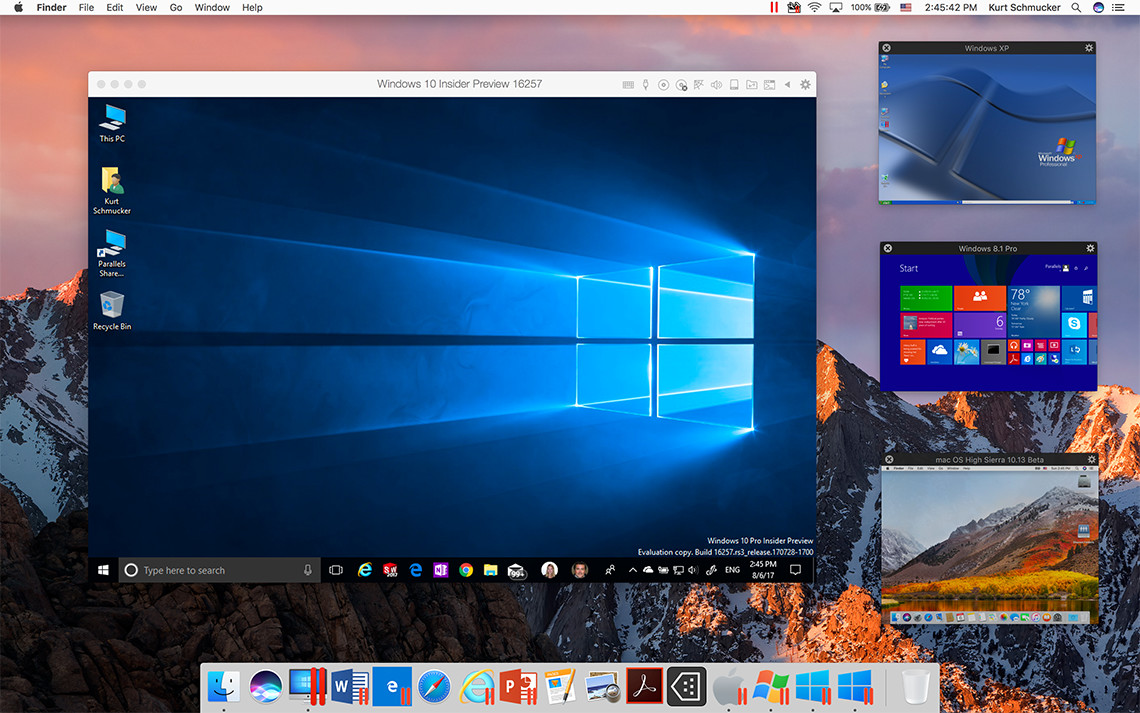I believe the VirtualBox documentation states the Mac must be Intel based. VMware Fusion also has a free Player, but does not yet run on M1, Apple Silicon, ARM Macs. Parallels has a Technical Preview which requires an ARM version of Windows 10. MacOS Big Sur on a MacBook Air M1. Apple includes a hypervisor to allow ARM based VMs. KhaosT created an open source app that allows you to boot up an ARM system from ISO. So since Ubuntu has arm64 ISOs available, you can boot Ubuntu on your Mac and run it natively. Place holder to document all the issues minikube binary for Darwin (amd64) works but no driver I installed. Med@meds-mac g1%./minikube-darwin-amd64 start 😄 minikube v1.13.0 on Darwin 11.0 👎 Unable to pick a default driver. こんにちは。 今年の年始からジョインした遠藤です。 さて、入社したところ会社支給のMacBook ProがM1チップのものでした。 はい、現状は開発環境で苦労するとか色々噂を聞くやつです。 実際に試したのですが、 現状の開発環境構築スクリプト、手順書が一切使えない VitualBox, Vagrantは利用不可. Until now, a Mac needed multiple chips to deliver all of its features — including the processor, I/O, security, and memory. With M1, these technologies are combined into a single system on a chip (SoC), delivering a new level of integration for more simplicity, more efficiency, and amazing performance.

Oracle Virtualbox Macbook M1

Vmware M1
The answer to all three of your questions is 'If you are worried about this, absolutely do not buy an M1 Mac.' Rosetta 2 cannot magically turn VirtualBox from a virtualization management system into a high-performance x64 emulator. The long-term solution is probably going to be running ARM Windows or Linux in a VM and leaning on Rosetta-style compatibility/translation in the client OS to run x64 programs.Virtualbox Macbook M1


Virtualbox M1 Mac Free
Edit: Since this is attracting downvotes, maybe it needs some clarification. The things OP asked about fundamentally cannot work. Rosetta 2 is designed exclusively for user-mode programs and cannot cooperate with virtualization software to run arbitrary OSes in VMs. VirtualBox has no plans to port to ARM and will not work in Rosetta. None of this is negativity or cynicism towards M1 Macs - it's just the reality of how switching architectures affects virtualization. If your use case for Mac hardware is to run arbitrary x64 code at high speed in VMs, you should not buy an M1 Mac because that capability does not currently exist.
